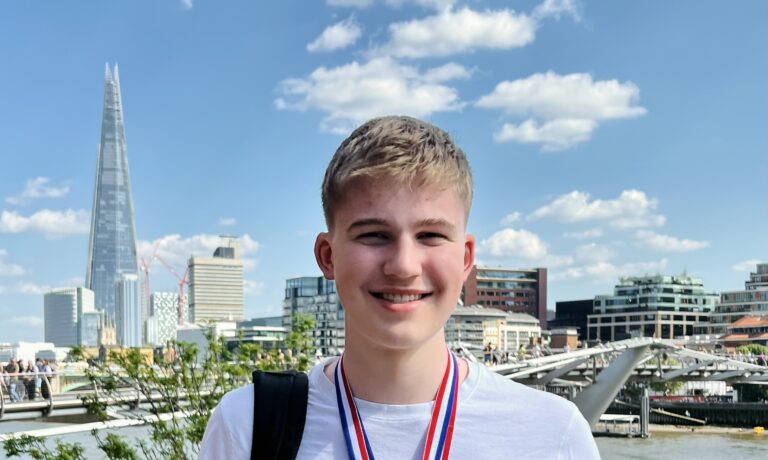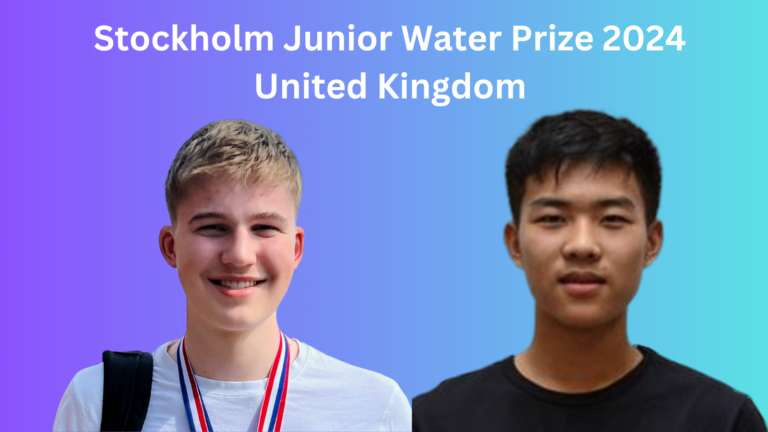heading

I\’m Christopher, a Year 12 Student from the UK who is passionate about social and environmental problem solving through computational research. I\’ve worked as a machine learning intern at UCL for two years now, and there have developed solutions for self-localisation in endoscopic surgery, as well as generating synthetic data to train sonographers. In my free time, I play piano and compete in history trivia competitions. I\’m really looking forward to meeting everyone at Stockholm and seeing their research!
Tell us what the water concern in your country is!UK water is generally biologically safe, but chemicals like perfluoroalkyl substances pose severe health hazards in many areas of socioeconomic deprivation. That's why Jonathan and I have developed an approach for detecting and filtering PFAS cost-effectively.

PFASolve: An integrated framework for the detection and filtration of perfluoroalkyl substances from surface water in the Thames Basin
PFAS pollution is a growing concern worldwide, with no equitable solution in the Thames Basin. We developed a geospatial neural network, predicting PFAS values to within 10% of experimentally validated values. With those predictions, we designed and tested a point-of-use filtration device to be installed on taps. Observing a 93% reduction in PFAS concentration, we reduce PFAS to below health limits of 4 ng/l. Further, we optimised the design, where a 10mm depth of activated carbon allows for 2.5 months of usage, with minimal impact on flow rate and introducing no impurities. Not only do we reduce the devastating impacts of PFAS pollution, but we present a potential solution that is accessible for all.

